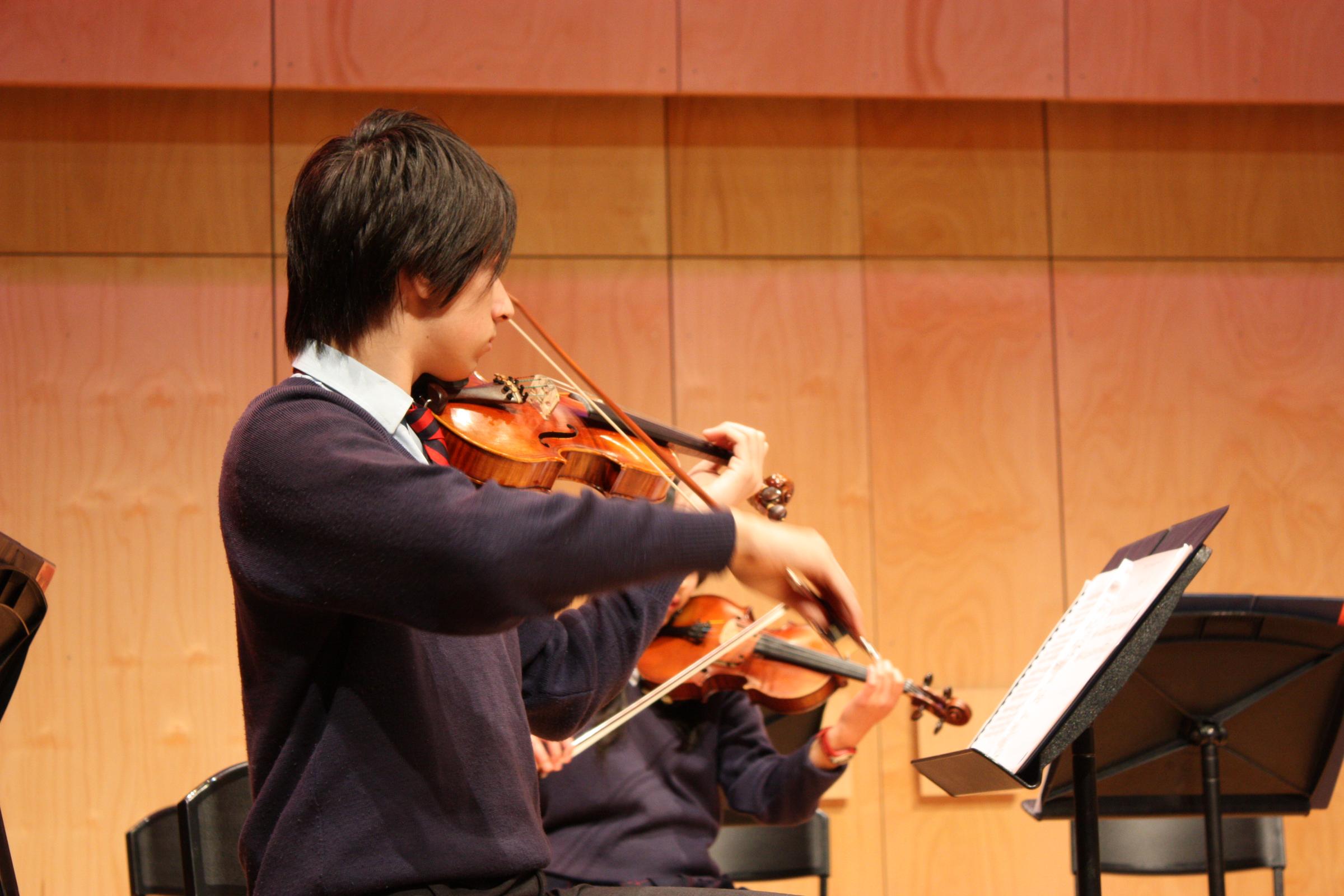TCE Contemporary Music and Songwriting Level 2

TCE Contemporary Music & Songwriting Level 2
| 🎓Course Type | Non pre-tertiary |
|---|---|
| TASC Code | CMS215123 |
| TCE Points | 15 |
| ⏱Hours | 150 |
| ✔️Standard | Reading and Writing |
| 📚Prerequisites | NA |
📎Desirable prior experiences | Successful completion of Year 10 Music or some prior music, singing, performing and songwriting experience. |
| 📝Assessment | Various written and performance assessments |
What will I learn?
Contemporary Music and Songwriting Level 2 is about contemporary music, the contemporary music industry and the types of knowledge, skills and understanding needed to be a contemporary musician or songwriter.
The course is practical and skills-based and will develop learners’ creative and critical thinking, collaboration, communication and self-management skills. Opportunities to collaborate may include helping set up a recording studio, negotiating a stage area, working through a sound check, working with others when composing, playing or performing and promoting an event.
Learners are given as many opportunities as possible to have exposure to industry professionals in both face to face and digital workshops, symposia, competitions, festivals and events. Students learn about and apply current music industry skills and ethical ways of working. Students will also develop their creative entrepreneurship skills as they effectively market and promote their original music to a range of audiences.
Course content
Module 1 – Composition and creativity (50 hours)
Learners use musical elements as they experiment and trial ideas. They research, reflect, analyse, describe, compose, record and notate original music and songs. Students make music by responding to ideas, emotions, issues and contexts or by experimenting with the musical elements.
Assessment
- One performance of one complete original composition or song, the composition that is notated, that is approximately 1:30 – 3:30 minutes in length
- One short response such as an annotation of musical score, chord chart or lead sheet
- One short response focus such as aural and rhythm skills
- One short reflective response
Module 2 - Contemporary music industry knowledge (50 hours)
Learners will research and address legal issues such as copyright and investigate the role of regulatory authorities such as Australasian Performing Right Association (APRA) and Australasian Mechanical Copyright Owners Society (AMCOS). Musicians also learn how to be responsible for their own ethical and legal practice and understand wider legal issues around moral rights, copyright, assigning and licensing rights, cultural appropriation and contracts.
Assessment
- One project – recording of a contemporary music piece or original composition or song
- One performance of one contemporary music piece or original composition for an audience, live or recorded, ensemble or soloist
- One practical demonstration of appropriate setup, operation and break down of PA, Vocal PA minimum
- One short response focus: Copyright and contracts
Module 3 – Performance and creative entrepreneurship (50 hours)
In a variety of contexts, students experience professional environments, processes and practices of contemporary music. They will perform either live or in recording studios, in ensembles or as soloists and investigate, develop and use marketing and promotion skills.
Assessment
- One performance of two contemporary music pieces, class-based and ensemble or soloist
- One performance of a minimum of two contemporary music pieces or original compositions for an audience. This can repeat any pieces done as part of any of the other modules’ work requirements such as ensemble or soloist.
- One extended response, with a focus on the marketing and promotion of a contemporary music performance
Why should I consider this course?
You should consider choosing this course if you have an interest in and prior experience playing in contemporary music ensembles and writing original music, and wish to further enhance your skills and understanding within the contemporary music genre and industry as a whole.
What Skills does this course provide?
On successful completion of this course learners will be able to:
- recognise and effectively use music elements in aural, written and practical contexts
- compose contemporary music compositions that are creative and effective
- perform stylistically and with technical proficiency, within contemporary music styles
- use safe and appropriate contemporary music industry skills
- apply effective reflection, time management, planning and negotiation skills to contemporary music activities
- describe a range of contemporary music techniques and styles
- explain, understand and use current and informed industry knowledge including contemporary music industry copyright laws and legal issues
- use creative entrepreneurial skills and promote and market contemporary music activities using targeted marketing strategies
What Pathway Options does this course provide?
Pathways out of Contemporary Music and Songwriting Level 2 include University Connections Program (UCP) Songwriting or Music Technology Projects units, run by the University of Tasmania, the VET Certificate II and III in Music (Year 11 into 12) and Certificate IV in Music or Studies in Jazz and Popular Music and Music Technology, or Songwriter Strand in the Bachelor of Music degree at the University of Tasmania (beyond Year 12).
Career pathways into the music industry include singer, songwriter, composer, artist manager, agent, promoter, public relations officer, venue manager, music journalist, sound engineer and festival organiser.
